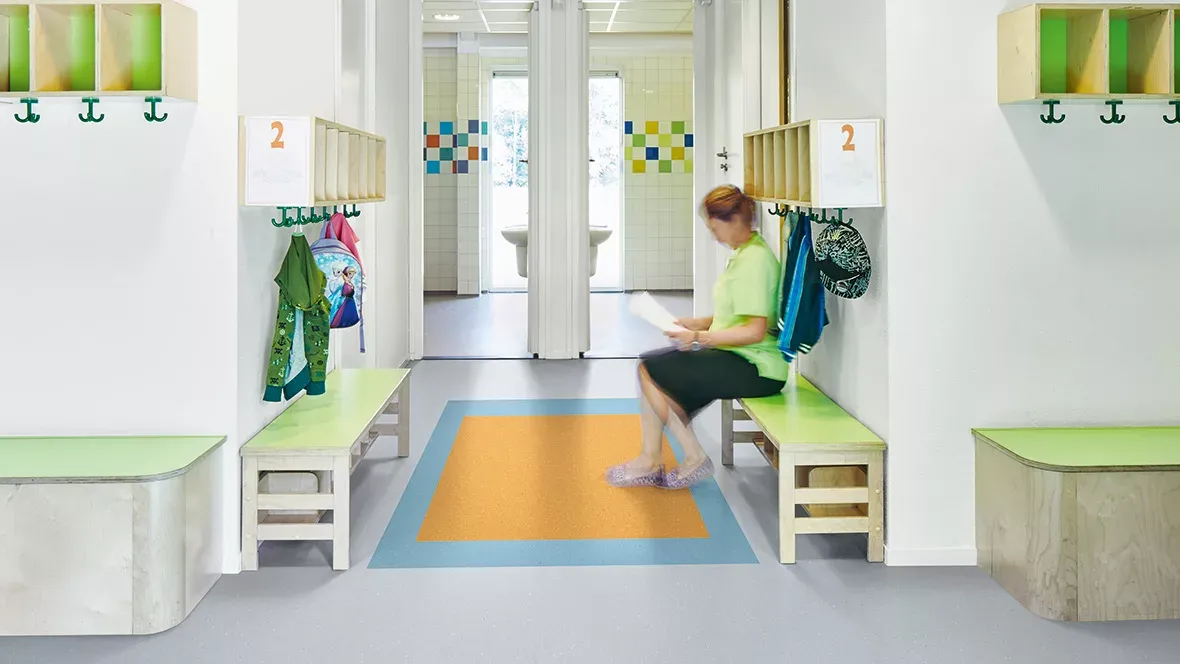Choosing the Best Non-Slip Floor Tiles for Commercial Kitchen Safety and Efficiency
Non-Slip Floor Tiles for Commercial Kitchens Ensuring Safety and Efficiency
In the fast-paced environment of a commercial kitchen, safety and efficiency are paramount. One crucial aspect that contributes to both of these elements is the type of flooring used. Non-slip floor tiles have emerged as a necessary feature in these high-demand spaces. This article explores the benefits, types, and considerations associated with non-slip floor tiles for commercial kitchens.
The Importance of Non-Slip Flooring
The commercial kitchen is often a bustling hub of activity, with chefs, staff, and equipment moving rapidly in every direction. As such, the risk of slips and falls is significantly heightened. According to the Occupational Safety and Health Administration (OSHA), slips, trips, and falls account for a substantial number of workplace injuries in the food service industry. These accidents can lead to serious injuries, legal liabilities, and disruptions in operations. Therefore, using non-slip flooring is not just a safety measure; it is a vital investment in the wellbeing of employees and the overall productivity of the kitchen.
Benefits of Non-Slip Floor Tiles
1. Enhanced Safety The primary benefit of non-slip floor tiles is elevated safety. These tiles are designed to provide traction, significantly reducing the likelihood of slips, especially in areas prone to spills and moisture, such as near sinks and cooking stations.
2. Durability Commercial kitchens are often subjected to heavy foot traffic, equipment, spills, and extreme temperatures. Non-slip tiles made from materials like porcelain, ceramic, or vinyl are not only anti-slip but also durable, standing up to the rigors of daily kitchen operations.
3. Easy Maintenance Cleaning and maintaining hygiene in a kitchen is critical. Non-slip floor tiles are typically resistant to stains and easy to clean, making them an ideal choice for maintaining a pristine kitchen environment.
4. Variety of Designs Non-slip tiles come in various designs, colors, and textures, allowing kitchen designers to create an aesthetically pleasing environment without compromising safety. Whether you prefer a classic look or a modern aesthetic, there are non-slip tile options to meet every design requirement.
5. Cost-Effectiveness While the upfront cost of high-quality non-slip tiles may be higher than conventional flooring, the long-term benefits outweigh the initial investment. Reduced injury rates lead to lower insurance costs, fewer work-related injuries, and a more efficient kitchen operation—all contributing to cost savings over time.
Types of Non-Slip Floor Tiles
1. Ceramic Tiles High-quality ceramic tiles with an appropriate finish can provide excellent slip resistance. They are also heat and stain-resistant, making them suitable for high-temperature environments.
non slip floor tiles for commercial kitchen

2. Vinyl Tiles Vinyl tiles are a popular choice for commercial kitchens due to their comfort underfoot, ease of installation, and variety of designs. Look for vinyl options explicitly labeled as non-slip for optimal safety.
3. Porcelain Tiles Porcelain tiles are denser and less porous than ceramic, making them ideal for areas where water or grease is present. They are highly resistant to chipping and staining, making them a durable choice for high-traffic kitchens.
4. Rubber Flooring Rubber flooring offers excellent slip resistance while providing a cushioning effect. It is also easy to clean and can withstand frequent spills, making it an ideal choice for busy kitchens.
Considerations When Choosing Non-Slip Floor Tiles
When selecting non-slip tiles for a commercial kitchen, several key factors should be considered
- Slip Resistance Ratings Look for tiles with a high coefficient of friction (COF) rating. Tiles with a COF of .60 or higher are generally considered suitable for wet areas.
- Maintenance Requirements Understand the cleaning requirements and choose a material that aligns with your kitchen’s maintenance capabilities.
- Installation Some flooring options may require professional installation, while others can be DIY. Consider your budget and expertise when making your decision.
- Compliance with Regulations Ensure that the chosen flooring meets local and national safety standards and regulations.
Conclusion
In conclusion, non-slip floor tiles are an essential component of any commercial kitchen. They contribute significantly to safety, reduce liability risks, and enhance the overall working environment. By investing in high-quality non-slip tiles, kitchen operators can create a safer, more efficient workspace that protects both staff and business interests. As kitchens continue to evolve, the emphasis on safety remains crucial—making non-slip flooring a wise choice for any commercial kitchen setting.
-
Waterproof Advantages of SPC Flooring Vinyl in KitchensAug.06,2025
-
SPC Hybrid Waterproof Flooring Thickness GuideAug.06,2025
-
Leveling Subfloor Before My Floor SPC InstallAug.06,2025
-
How Mesh Deck Skirting Improves Outdoor Pest ControlAug.06,2025
-
Choosing the Right Commercial Flooring for Your Business NeedsAug.06,2025
-
Choosing the Best Residential Flooring: A Comprehensive Guide to Style, Durability, and ComfortAug.06,2025




